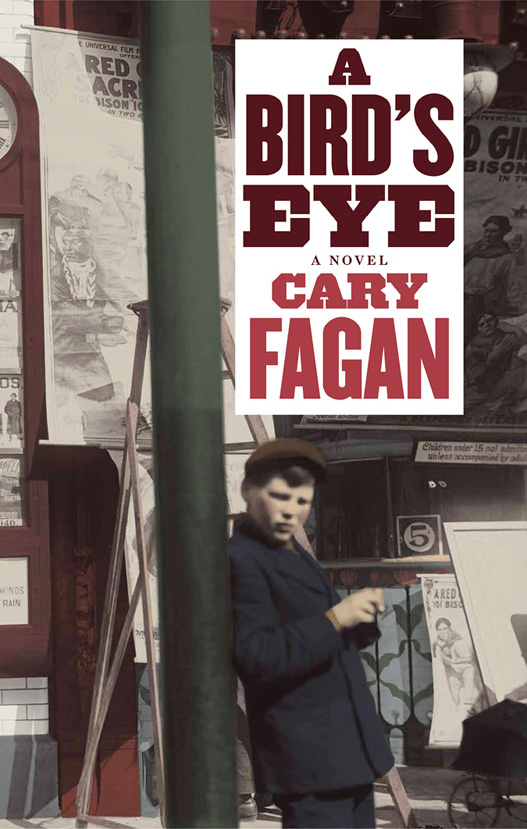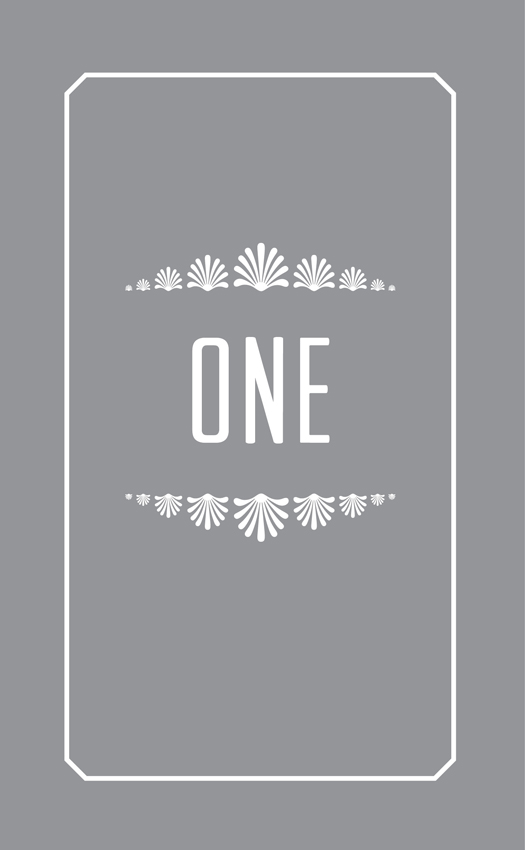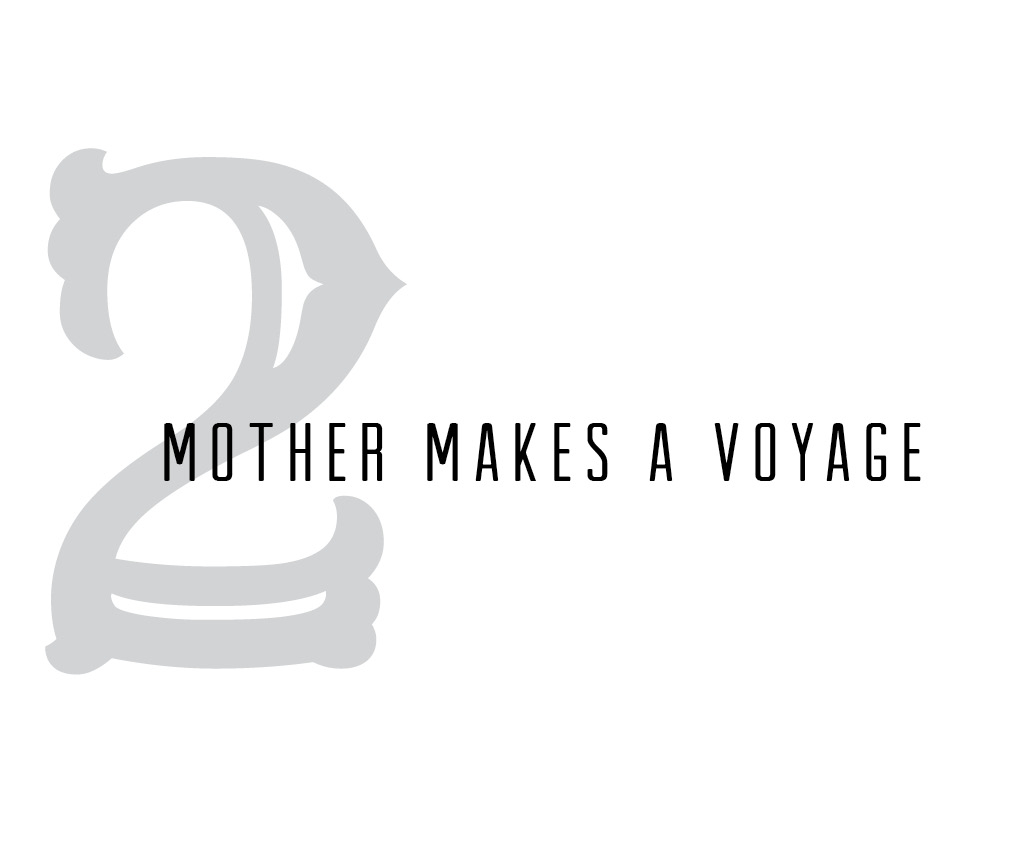A Bird's Eye
Authors: Cary Fagan
Tags: #Literature & Fiction, #Genre Fiction, #Coming of Age



Copyright © 2013 Cary Fagan
All rights reserved. No part of this publication may be reproduced or transmitted in any form or by any means, electronic or mechanical, including photocopying, recording, or any information storage and retrieval system, without permission in writing from the publisher.
Distribution of this electronic edition via the Internet or any other means without the permission of the publisher is illegal. Please do not participate in electronic piracy of copyrighted material; purchase only authorized electronic editions. We appreciate your support of the author's rights.
This edition published in 2013 by
House of Anansi Press Inc.
110 Spadina Avenue, Suite 801
Toronto, ON, M5V 2K4
Tel. 416-363-4343
Fax 416-363-1017
www.houseofanansi.com
Library and Archives Canada Cataloguing in Publication
Fagan, Cary, author
         A bird's eye / Cary Fagan.
Issued in print and electronic formats.
ISBN 978-1-77089-310-8 (bound).âISBN 978-1-77089-311-5 (html)
          I. Title.
PS8561.A375B57 2013Â Â Â Â Â Â Â Â Â C813'.54Â Â Â Â Â Â Â Â Â Â Â Â C2013-902796-3
                                                                          C2013-902797-1
Cover design: Brian Morgan

We acknowledge for their financial support of our publishing program the Canada Council for the Arts, the Ontario Arts Council, and the Government of Canada through the Canada Book Fund.
In memory of Michael Hersco


My mother was born in a village infested with flies and smelling of donkey shit. It was a day's walk from Naples. This was 1901. She was born on the bare ground, nobody having the sense to bring a woman in labour inside while she could still walk; this, at least, is what my mother told me, but of course she felt only bitterness towards the place. Around her stood my grandmother's useless husband, her oldest sister, and a girl who was going to become a midwife but hadn't begun her training and wailed the whole time.
As soon as she was born, they saw it. On her tiny face a birthmark. Pale at birth but darkening over time, the birthmark had the exact shape of a handprint â forefinger reaching the right eye, thumb just behind the ear, pinky near the lip. She grew into a pretty young woman otherwise, fine featured, with full breasts and hips and a narrow waist, dark eyes. But all anybody in that village saw was her birthmark. They said that it was a clear sign, although they argued about what it meant. Some believed it proved that her mother had been a whore, others that the devil had disguised himself one night and was the true father, still others that a spirit or ghost lived inside her and would one day push out, splitting her skin from head to foot. All they agreed on was that she was defiled.
To this day I hate all villages and small towns anywhere for their closed-mindedness and collective stupidity. Give me a city, no matter how infested with con artists and the broken-hearted and the obscenely rich. The villagers took to calling her the Dark One. They did not let their own children play or even speak with her. She could not go to school, for her mere presence was declared disruptive. Her two older sisters resented her for stigmatizing them, and made her their servant from the youngest age. Her father hated being a figure of pity, which was a good-enough reason for him to beat her. The only one who loved her was her mother, and she died early of the influenza.
My grandfather blamed my mother for bringing bad luck on the family. But after his wife died, he did stop beating her. So my grandmother died for something, I suppose.

My mother's name was Bella, named by her mother to protect her, which of course it never did. Human beings are unsophisticated in the way they take first impressions of people, and it was because of that birthmark that my grandfather made the decision to leave Italy.
How can I find her a husband when she looks as if another man's hand has already been upon her?
They left for America to find Bella a husband and grow rich.
But they did not go to America. They went to Canada because â my mother said â her ignorant father thought that Toronto was in New York State. In 1919 there were not so many Italians in Toronto, and they lived in narrow houses, often several families in each. On College Street my grandfather opened a greengrocer's. Here Bella's sisters met the men who would marry them, here they brought their newborns in to weigh on the store scale. Her father married again, choosing a woman only ten years older than Bella. Bella herself was made to stand at the cash register from morning to evening, conveniently taking the money while displaying herself for sale. She might as well have had a price chalked on her.
Bella's solace was the motion pictures. She went every Saturday afternoon, insisting on having this time to herself. She didn't mind comedies, but she never laughed like the others in the audience. She preferred romances and, even more, weepies. These were romances with tragic endings. Lovers who missed their meetings at train stations. Children torn from their parents. Women who became mortally ill with unnamed sicknesses that left them increasingly weak but still beautiful. She brought two or three handkerchiefs with her and sat at the back and shook silently as the tears soaked her face.
The pictures were why, on the night of August 23, 1924, she decided to kill herself.
My mother was twenty-three years old. An old maid, an embarrassment to the family but at the same time a useful servant to her father, her sisters, and their children. She had gone to the Tivoli to see Buster Keaton in
The Navigator
but, coming out again unsatisfied, walked around the corner to Loew's. Slipping into the darkened theatre after the credits, she did not realize that the film â
A Woman of Paris â
had been written and directed by Charlie Chaplin, the first film that he did not star in. Nor did she know that audiences, wanting the Little Tramp, stayed away from his attempt at serious drama, and that the picture was already a flop. She avoided reading movie magazines for she did not want to know about the private lives of actors or the artifice of motion pictures. She hungered to fall into them as if they were more real than her own life.
She saw only that the theatre was almost empty, which suited her. She sat near the back, in the comforting darkness, the only place where she was ever truly happy, and let herself be enthralled. The film is the story of a young woman from a small village who moves to Paris and takes up a luxurious existence as the mistress of a businessman. But a second man loves her also, an artist from her village who follows her to Paris to woo her back. Bella gaped at the waste of two men wanting the same woman, but she didn't doubt whose love was the more true. Her hand went up to her mouth when the broken-hearted artist put a pistol to his breast.
At that moment, she became the man who could no longer live. She who was already dying inside, she who had never known a lover's kiss. And surely there was no living without love. Better to die quickly like the artist rather than in her own slow and agonizing way, trying to get through each hour, each day.
Bella watched the picture to the end and stayed for a second showing. At last she emerged from the theatre. Night had fallen and the lights burned up and down Yonge Street. She felt drops of rain, but they did not prevent her from walking purposely south, towards the docks. It began to pour.
At the ferry wharf, she bought a ticket to the Island. The ticket seller warned her that the boat would make one last return for the night. She managed to say that she only wanted to take the air and would not even be disembarking.
Standing at the rail, she tried to make herself go into the water. The rain was stopping and the lake looked so black. Before she could work up her resolve, the Island dock approached. She waited as the ferry jarred against the old rubber tires and the metal gangplank cranked down. The rain had kept people away or sent them home early. Only one bedraggled figure in a drooping hat got on. Fortunately, he took up a position near the back.
The gangplank cranked up again and the ferry chugged out into the water. She waited for the Island to disappear in the darkness. The rain was all but over, but the lake looked even darker and more chilling. It took a terrible force of will to place the worn heel of her shoe on the first metal rung. She lifted her other leg; bile burned her throat. Her long skirt caught on a screw and she had to tear it free. She sobbed.
And what of me, her son? Do I wish for her to die, and for myself never to have been born? I want to say yes, for both of us, but I cannot. For what I've seen and done, what I've known, I cannot wish had been never. And she â surely even she, my tragic mother, would know her moments of joy. No, I say. Let her live.
